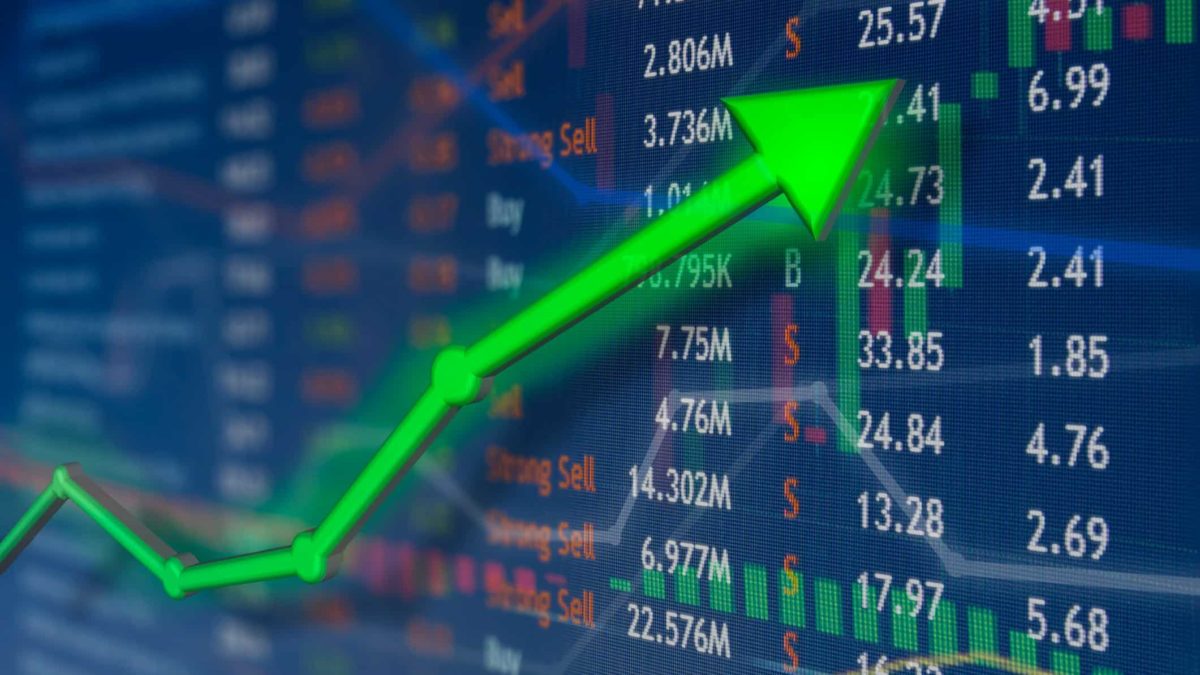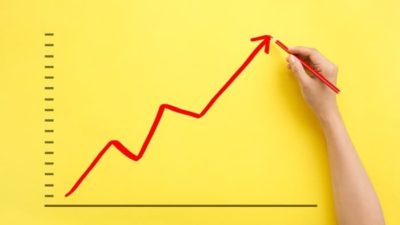The S&P/ASX 200 Index (ASX: XJO) is off to a strong start on the heels of Republican Donald Trump's decisive victory in the United States Presidential Election.
In early morning trade, the benchmark index is up 0.4%, following yesterday's 0.8% gains.
While the final voting tally in a few US states has yet to be decided, Democratic candidate Kamala Harris, who graciously conceded defeat just hours ago, has no hope of victory left.
And markets are reacting in a similar fashion to what we witnessed eight years ago when Trump beat former first lady Hilary Clinton to take the keys of the White House from outgoing two-term Democratic president Barack Obama.
Indeed, the ASX 200 is taking its lead from US markets, with the S&P 500 Index (SP: .INX) closing up 2.5% yesterday (overnight Aussie time). And tech stocks fared even better, sending the Nasdaq Composite Index (NASDAQ: .IXIC) up 3.0%.
Markets are reacting positively in part simply because the uncertainty of the election outcome has been lifted. And there's nothing markets like less than uncertainty.
There's also some bullishness around the prospect of sustained lower taxes, both private and corporate, that Trump is more likely to deliver than Harris would have. And with the Republicans having locked in the Senate and looking like they'll take control of the House, Trump will have a lot of leeway to operate.
On the tech front, Tesla Inc (NASDAQ: TSLA) had a smashing day, with Elon Musk's EV company rocketing 14.8%. Investor sentiment in Tesla stock looks to have gotten a big boost from Musk's strong support and building relationship with the US president-elect. It's also been widely speculated that Musk will be handed a top advisory post in the new Trump government.
Will tariffs impact the ASX 200?
One of the bigger potential concerns for Australia and select ASX 200 companies is the return of Trump trade tariffs, particularly those aimed at China, Australia's top trading partner,
Commenting on the potential ramifications for Australia, James Laurenceson, director of the Australia China Relations Institute at Sydney's UTS, said (quoted by The Australian), "If Trump goes ahead with a 60% tariff on all Chinese goods, that's plainly a negative hit to China's economy".
Laurenceson added:
The greater worry for Australia (than iron ore prices) is how a spiralling US-China trade war might further depress Chinese consumer confidence, which has never recovered from the harsh Covid lockdowns in 2022.
That would be bad news for Australian wine, beef, lobsters and tourism.
Mitigating any potential negative fallout from those tariffs, however, he said:
These days exports to the US only account for 15% of China's total exports, and total exports have fallen to around 20% of China's GDP, so we are talking goods worth 3% of GDP at risk. Exchange rates can also adjust, and domestic stimulus can be launched to cushion the blow.
With today's strong start, the ASX 200 is up 18.0% since this time last year.









